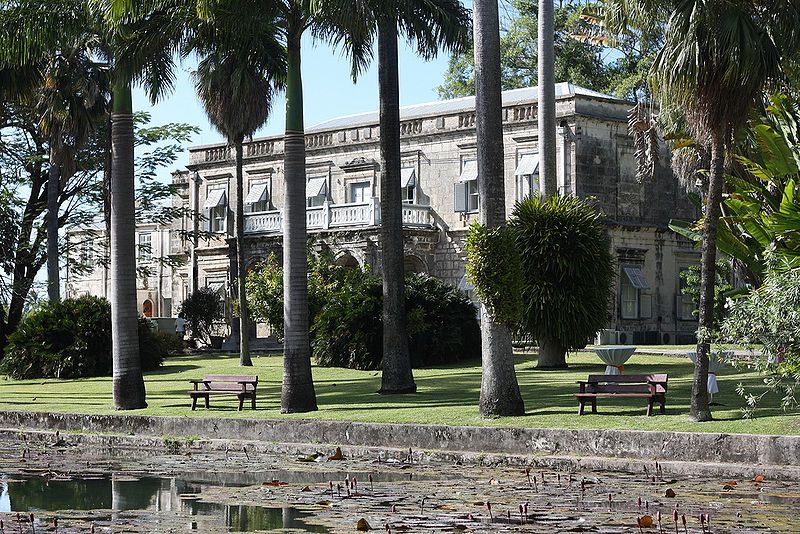Global Student Stories: Barbados to benefit from Oxford’s attempts to address its colonial legacy
In the latest installment of Global Student Stories, Ian Caistor-Parker takes a look at how Oxford University is trying to readdress its colonial legacy in Barbados and how the Paradise Papers scandal has hit US universities.
Barbados: Caribbean to benefit from Oxford’s attempts to address its colonial legacy
Codrington College in Barbados is to receive £100,000 over a period of five years from All Souls College, Oxford. An annual scholarship will also be established to fund the postgraduate education of a Caribbean student. The move is seen by All Souls as an opportunity to redress the college’s colonial legacy but has been criticised by some as not going far enough.
Codrington College, which claims to be the western hemisphere’s oldest theological college, and All Souls both received funding from slave and plantation owner Christopher Codrington. All Souls, one of Oxford’s richest colleges, was bequeathed £10,000 by the slave magnate – the equivalent of tens of millions of pounds today.
In light of this funding, student protests and university wide controversy over the Cecil Rhodes statue at Oriel College, All Souls has come under increasing pressure to acknowledge their role in the slave trade. A spokesman for the college said: “All Souls is pleased to be funding scholarships for graduate students from the Caribbean, and to support Codrington College in Barbados in this way”, and it is understood there are plans to further recognise the part that slavery has played in the college’s history.
“All Souls is pleased to be funding scholarships for graduate students from the Caribbean, and to support Codrington College in Barbados in this way”
However, the move has been dismissed by some groups, particularly as it follows the release of figures which show that nearly one third of Oxford colleges failed to accept any black British undergraduates. Student Group ‘Common Ground’ told Cherwell that it was a case of: “One step forward, two steps back”, going on to say that the college could do better by: “Actively working to give much more support to the study of Caribbean history across Oxford and work towards decolonising the archaic Oxford curricula.”
The scholarship will not offer a fellowship to its winner, but it will provide one fully funded graduate place at Oxford for a resident or national of a Caribbean country.
USA: Leading US Universities revealed to be investing offshore
The ‘Paradise Papers’ have revealed that over 100 US colleges and universities have investments in offshore assets enabling them to pay minimal tax. The investments total £374 billion, some of which is invested in carbon polluting industries.
The files list four of the United States’ ten richest educational institutions as holding offshore assets. Princeton, Stanford, Columbia and the University of Pennsylvania hold reserves of $73.3 billion between them. Former tax council to the senate Dean Zerbe told The New York Times these figures were symptomatic of a trend where offshore investment was: “Overwhelmingly weighted to the [top] 1%”.
Princeton, Stanford, Columbia and the University of Pennsylvania hold reserves of $73.3 billion between them.
While the institution’s practices are not illegal, there are worries that they legitimise a network which can be utilised for illegal purposes. The assets are typically held in notorious tax havens such as Bermuda and the Cayman Islands.
The papers also reveal that some universities are secretly funding fossil fuel industries while publicly supporting green energy. For instance, North-Eastern University last year launched a brand new interdisciplinary research building with the goals of challenging rising sea levels and pollution, whilst simultaneously investing money in a hedge fund which describes itself as the: “Leading provider of venture capital to independent oil and gas companies”.
The universities caught up in the scandal have largely declined to comment. However, Stanford University told the Guardian that the university: “Looks to minimize its tax burden within the limits set by law”.

Comments